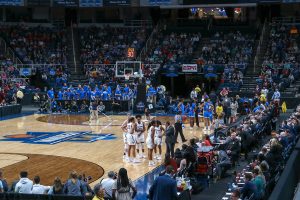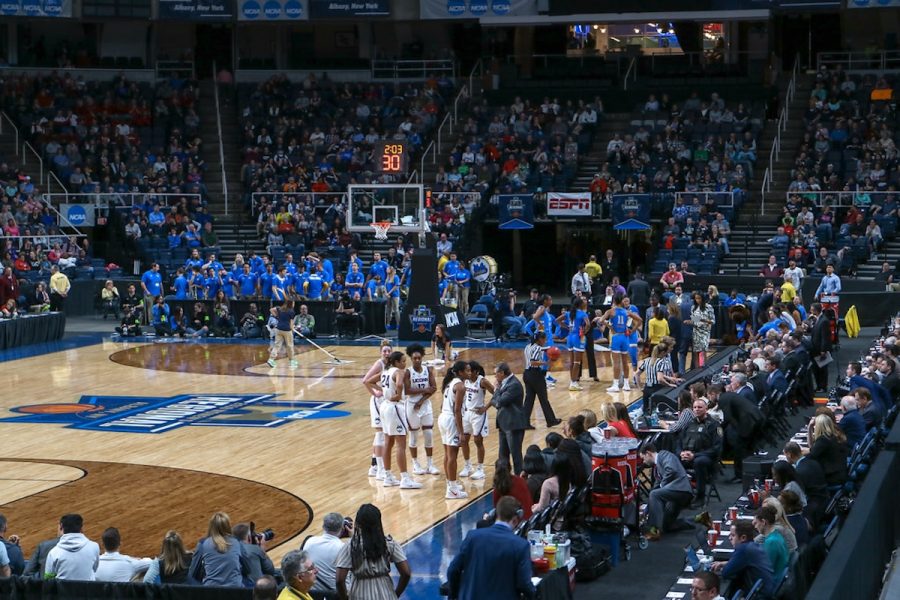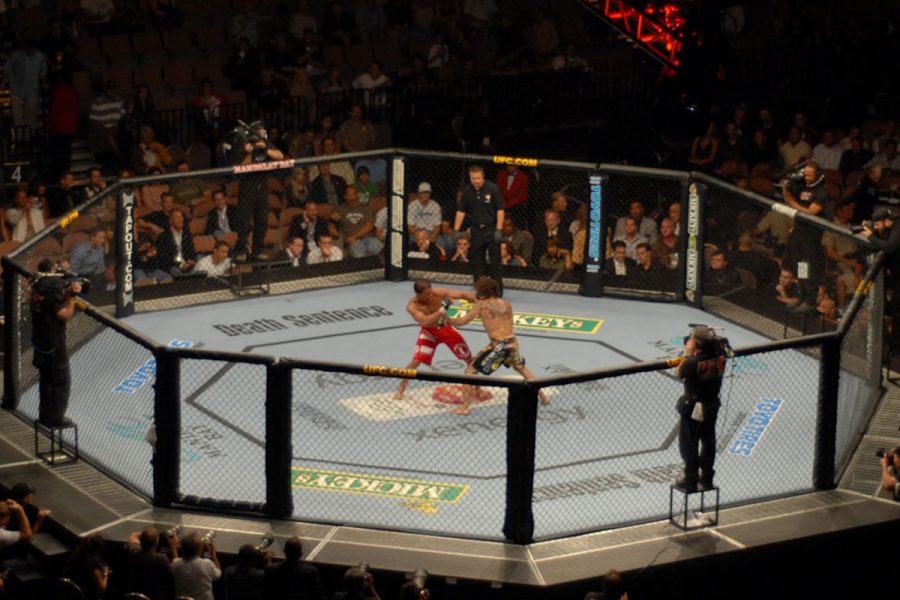A shadow has been cast over college basketball, a disturbing revelation of potential exploitation that prompted swift action. The NCAA is preparing to implement comprehensive player availability reports beginning in the 2026 season, a direct response to allegations that sensitive injury information was being leveraged for illicit gambling.
The core issue isn’t simply about betting itself, but the immense pressure placed directly on student-athletes. Reports surfaced suggesting NBA players allegedly sought out confidential injury details, creating a climate of harassment and unwanted solicitation for those still competing in college. This created a dangerous environment, threatening the well-being of young athletes.
The decision, championed by the NCAA Men’s and Women’s Basketball Committees, aims to shield players from these predatory practices. The availability reports are designed to reduce the incentive for seeking inside information, effectively diminishing the power gamblers hold over athletes and their families.

These reports won’t be hidden from public view. They will be disseminated through HD Intelligence, a company already familiar with providing similar services to numerous NCAA conferences, and will be crucial for all March Madness competitions. Transparency is key to leveling the playing field and protecting those involved.
The system demands strict adherence to deadlines. Teams will be required to submit initial reports the night before each game, followed by an updated version just two hours before tip-off. This ensures the information is as current and accurate as possible, minimizing opportunities for exploitation.
Non-compliance won’t be taken lightly. The Men’s and Women’s Basketball Committees will have the authority to impose penalties on schools that fail to meet the reporting requirements, sending a clear message that player protection is paramount.
Currently in a pilot phase, the NCAA views this initiative as a potential model for broader implementation across other divisions and championships. The success of these reports will be carefully evaluated, potentially reshaping how the organization approaches athlete safety and integrity in the face of growing sports betting accessibility.
This move is part of a larger, ongoing effort to combat the risks associated with legalized sports betting. The NCAA is simultaneously bolstering its integrity monitoring programs, enhancing online protections for athletes, and actively pursuing violations, all while advocating for the elimination of high-risk prop bets that directly target individual player performance.
The urgency of this situation was underscored by a recent NCAA investigation that uncovered three additional individuals involved in gambling on their own games. This investigation served as a stark reminder of the pervasive threat and the need for immediate, decisive action.






